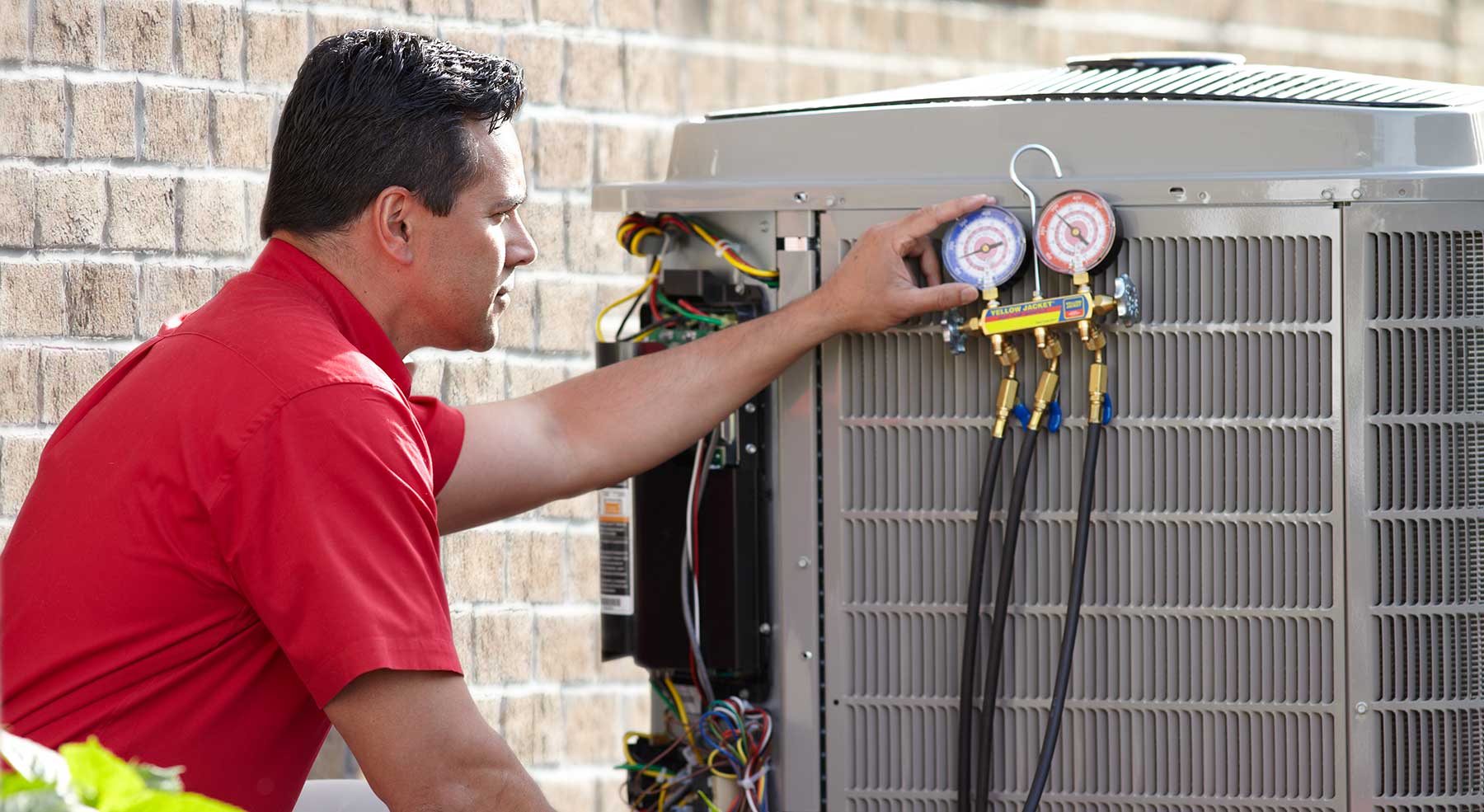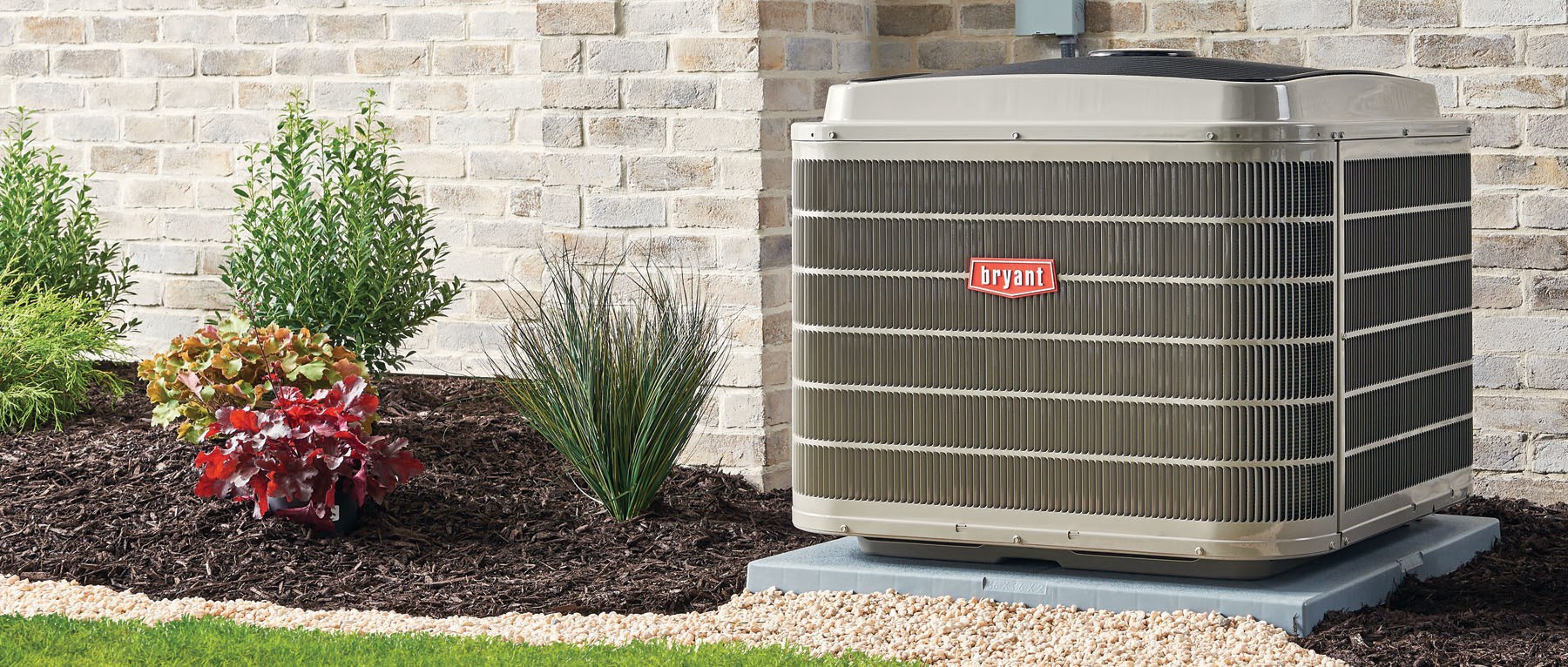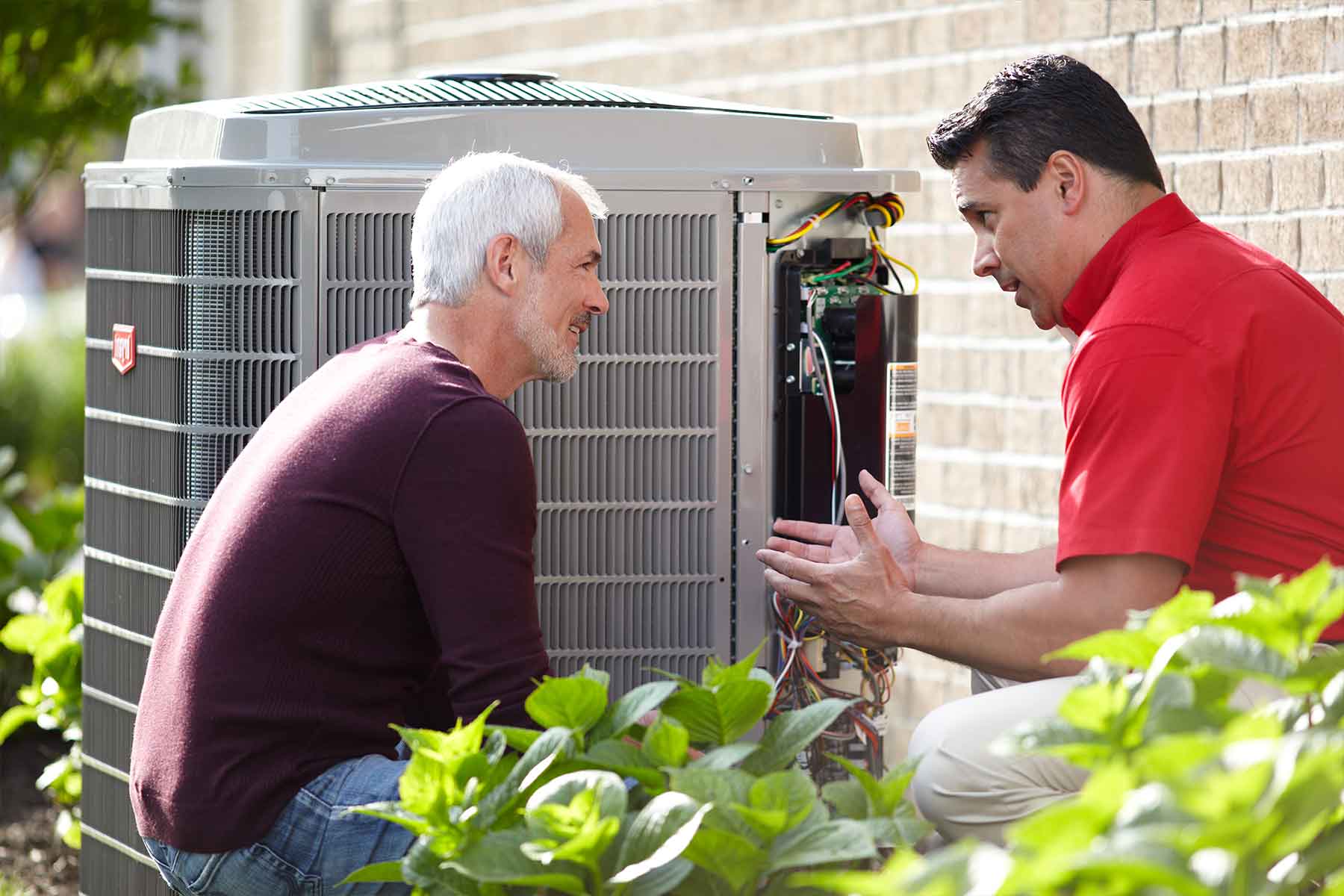Does Your Homeowners Insurance Cover AC Problems? What to Check
Introduction
When the summer heat rolls in, the last thing you want is for your air conditioning system to break down. It’s a common scenario: you flip the switch, and nothing happens. As a homeowner, you might wonder: Does your homeowners insurance cover AC problems? That’s a critical question, especially if you're facing potential repair costs that could run into thousands of dollars. Understanding how your homeowners insurance interacts with HVAC issues can save you both stress and money.

In this comprehensive guide, we’ll explore everything from the types of AC problems that may be covered by insurance to steps you can take to ensure your HVAC system remains in peak condition. We’ll also touch on finding the right air conditioning repair service, locating nearby HVAC contractors, and what to ask your insurance provider.
Does Your Homeowners Insurance Cover AC Problems?
The answer isn’t as straightforward as you'd hope. Homeowners insurance typically covers damage caused by certain perils such as fire, vandalism, or severe weather. However, it often does not cover the mechanical failure of systems air conditioning repairmen close me like air conditioning unless specific conditions are met.
Understanding What Homeowners Insurance Covers
- Perils Covered: Most policies cover damages due to unexpected events like fire or storm damage.
- Mechanical Failures: Typically excluded unless caused by an insured peril.
What You Need to Know About Mechanical Failures
Mechanical failures don’t just happen overnight; they usually result from wear and tear or lack of maintenance. Unfortunately, many homeowners assume their insurance will cover breakdowns when it actually won’t.
Key Takeaways
- Always read through your policy carefully.
- Contact your insurer for clarification on coverage specifics regarding HVAC issues.
Types of AC Problems Commonly Encountered
Understanding common air conditioning issues will help you better communicate with repair services and gauge what might or might not be covered under your policy.
1. Refrigerant Leaks
Refrigerant leaks are one of the most common AC problems that can lead to inefficiency and increased energy bills.
2. Frozen Coils
Frozen evaporator coils can cause major malfunctions in your AC unit, often stemming from airflow issues or low refrigerant levels.
3. Electrical Failures
Issues with electrical components can prevent your AC from turning on or cause it to shut off unexpectedly.

4. Thermostat Issues
A malfunctioning thermostat can lead to improper temperature regulation within your home.
5. Clogged Drains
Clogged drain lines can lead to moisture buildup and potential water damage.
6. Age-Related Issues
Older units may simply fail due to age, requiring replacement rather than repair.
7. Poor Maintenance
Neglecting regular maintenance checks can exacerbate existing problems or create new ones altogether.
Do You Need an HVAC Contractor? Finding Help Near You
If you've determined that there’s an issue with your AC unit, it's time to call in the professionals. But how do you find reliable help?
Finding HVAC Contractors Near Me
Steps for Locating Qualified Professionals:
Questions to Ask Potential Contractors:
- What experience do you have with my specific HVAC model?
- Can you provide references from previous customers?
- What guarantees do you offer on repairs?
Costs Associated with Air Conditioning Repair
Understanding potential costs will help prepare you financially should repairs be necessary.
| Type of Repair | Average Cost | |----------------|--------------| | Refrigerant Leak | $200 - $1,500 | | Frozen Coils | $100 - $400 | | Electrical Failures | $150 - $600 | | Thermostat Replacement | $100 - $300 |
Is HVAC Insurance Worth It?
While standard homeowners insurance may not cover every aspect of HVAC repairs, some homeowners opt for additional coverage specifically designed for their heating and cooling systems—often referred to as “HVAC insurance.”
Benefits of HVAC Insurance:
- Covers unexpected breakdowns
- Reduces out-of-pocket expenses
- Offers peace of mind
Considerations Before Purchase:
While HVAC insurance can be beneficial, evaluate whether it fits within your budget compared to saving up for potential repairs directly.
What To Check Before Calling Your Insurer
Before making that call to your insurance provider regarding claims related to air conditioning issues, here are essential things to check:
1. Review Your Policy Document
Understand what is explicitly covered under various sections related to home systems like HVAC.
2. Gather Evidence
Collect documentation such as photos of damage, service records, and any relevant communication with contractors or repairmen.
3. Estimate Costs
Having an estimate from a certified contractor will make discussions with your insurer much easier.
FAQs Related To Homeowners Insurance And Air Conditioning Repairs
1. Does my homeowners’ policy cover routine maintenance?
Answer: No, routine maintenance is generally not covered by homeowners’ insurance policies; this responsibility falls on the homeowner.

2. Are sudden breakdowns covered under my policy?
Answer: If a sudden breakdown is caused by a covered peril (like lightning), it may be eligible for coverage; otherwise, most mechanical breakdowns are not included.
3. How do I file a claim?
Answer: Contact your insurer directly via their claims department; they will guide you through submitting necessary documentation and evidence.
4. Will my deductible apply?
Answer: Yes! Most claims require a deductible payment before coverage kicks in; familiarize yourself with this amount beforehand.
5. Can I get reimbursement for previous repairs?
Answer: Generally no; most policies only cover future repairs following an incident rather than past expenditures unless specified otherwise in the policy details.
6. Are upgrades considered during claim assessments?
Answer: Upgrades made post-purchase may increase value but are typically not factored into average assessments unless stated in policy documents.
Conclusion
Navigating through questions surrounding whether “Does Your Homeowners Insurance Cover AC Problems?” requires careful consideration of multiple factors—from understanding what common air conditioning problems arise to knowing how best to communicate with contractors and insurers alike.
Incorporating these elements into your decision-making process will empower you as a homeowner faced with inevitable challenges related to maintaining comfort within your home environment throughout those sweltering summer months!
Whether you're grappling with mechanical failures now or merely preparing for potential future mishaps involving heating/cooling systems—being informed provides peace-of-mind while ensuring financial security against unforeseen events down-the-line!